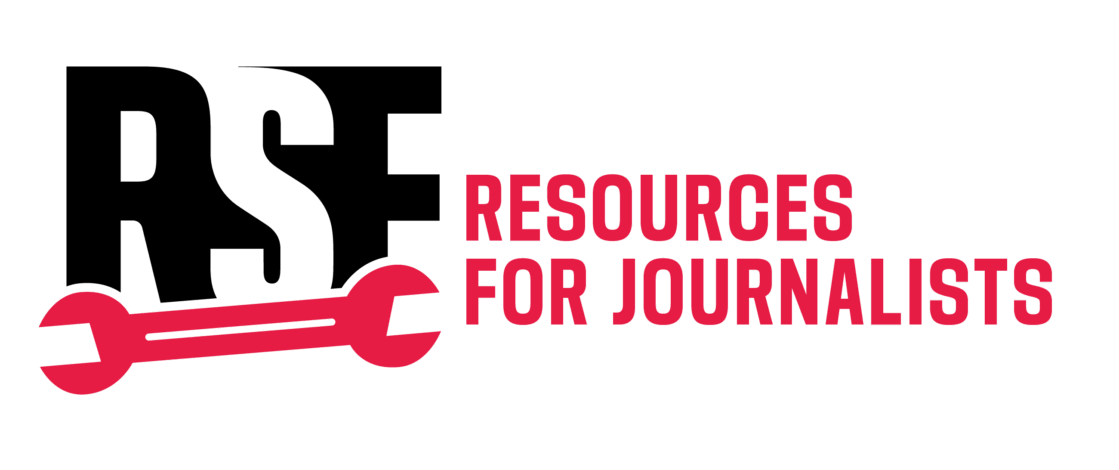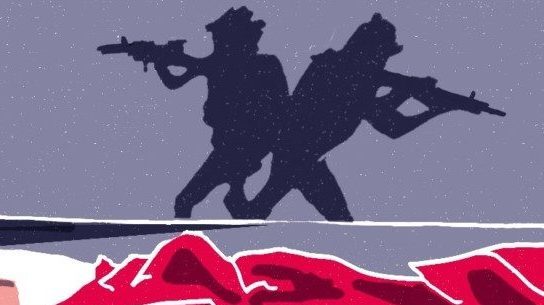Learning how to cope with war scenarios is crucial for journalists working in zones of potential conflict. In this article, Reporters Without Borders (RSF) in partnership with Taiwanese NGO Watchout provides some guidelines for journalists facing a military attack.
In many countries, people have lived under the threat of a potential military attack from their neighbours for years, or sometimes decades. While a full-scale military attack is seldom the most likely event, journalists reporting in the area should still prepare for the worst-case scenario — preparedness is key in times of uncertainty.
Before a full-scale conventional invasion, many warning signs can first occur: disinformation, cyber attacks on vital IT systems, economic and transportation blockades, sabotage of critical infrastructure or assassination of political leaders.
Once the military attack begins, resources and manpower will be mobilised to resist the invasion and safeguard critical infrastructures. There is a strong risk of public service failure and social chaos. To protect themselves, their family, and people in their community, journalists can follow the guidelines suggested below.
1- Stay informed and alert
- Keep track of news and instructions issued by officials. Wireless radio can be a crucial source of information when there’s no more internet or electricity available.
- Beware of disinformation and do not act on the basis of unverified information.
- Take care of personal safety and home security by protecting one’s house from looting and monitoring unusual changes in the surroundings.
2- Stay together and safe
- Comply with the law and the guidance from the government and local community leaders.
- Gather up one’s acquaintances in their community to maintain safety and order.
- Do not wear any military-style outfit or accessories, as one may be identified as a combatant.
3- Prepare to evacuate
As warfare evolves, different scenarios will play out, and journalists could encounter enemies in their community or need to leave their home.
If a journalist spots an enemy or unidentified armed unit they should:
- Keep their distance and avoid any contact.
- Take photos or video footage only when they can do so safely and not take too much risk for the sake of recording: documenting war crimes is important, but it must be done with safety as a priority.
If a journalist encounters the enemy or is being inspected they should:
- Do not display any provocative behaviours, such as being confrontational, arguing, or staring persistently.
- Show their hands and move slowly — the opposite could be wrongly interpreted, if they act in a rash manner or put their hands in their bag or their pocket.
- Stay calm and cooperative, otherwise any actions mentioned above could potentially lead the situation to escalate and get them in detention.
If a journalist decides to evacuate from their community, they should:
- Collect as much information as possible before they leave, including enemy-occupied areas, roads to your destination, whether friends or family can provide support, and the locations of possible supply stations along the way.
- Buy in advance a paper route map and plan rest stops.
- Check for any blockages in traffic to your destination
- Check if there are enemy-controlled areas and checkpoints on their way.
- Move in daylight in order to avoid being identified as military units.
- Bring their emergency kit with them.
- Carry only essential supplies (such as food, water) as they may need to walk for several hours.
Watchout is a Taiwan-based NGO focusing on defence and civil preparedness.



